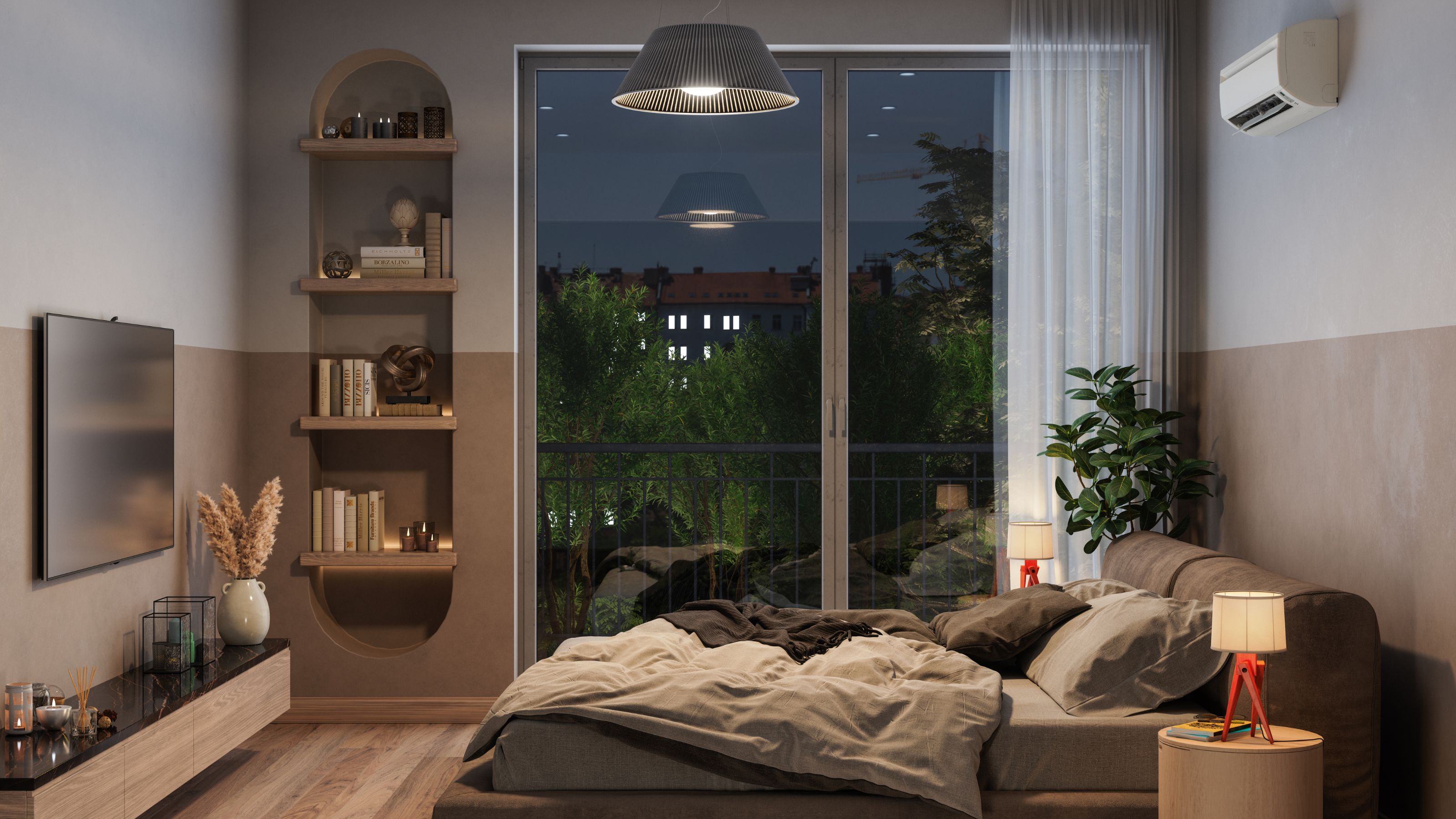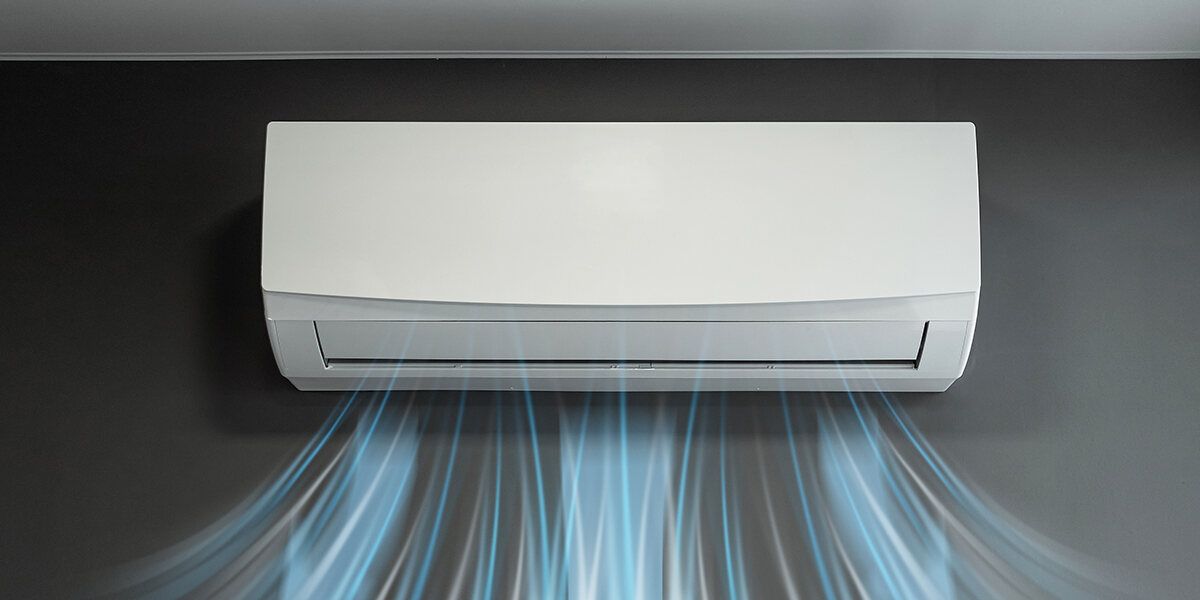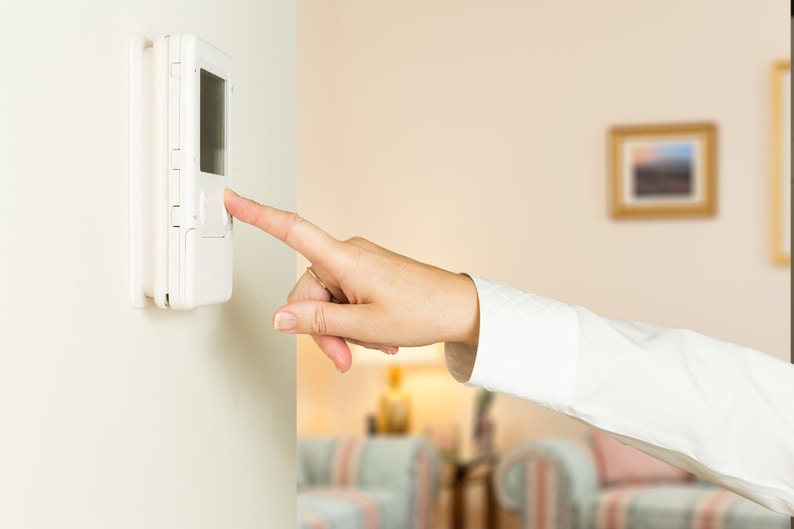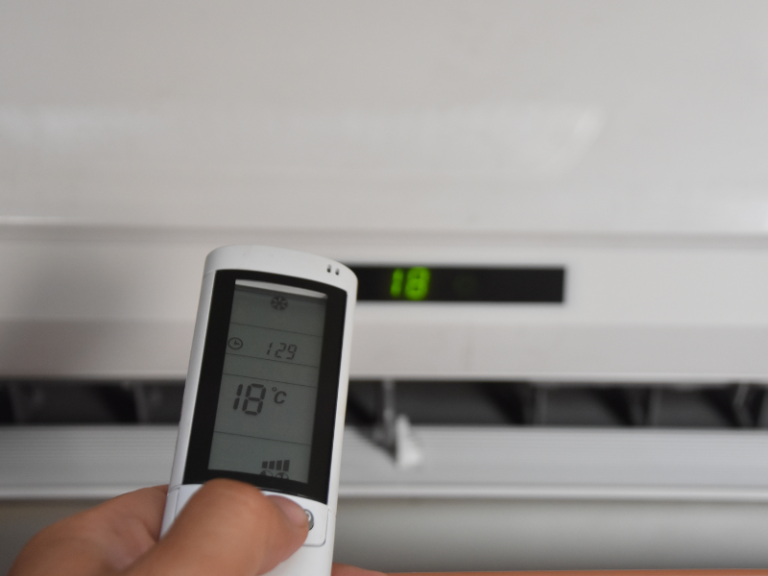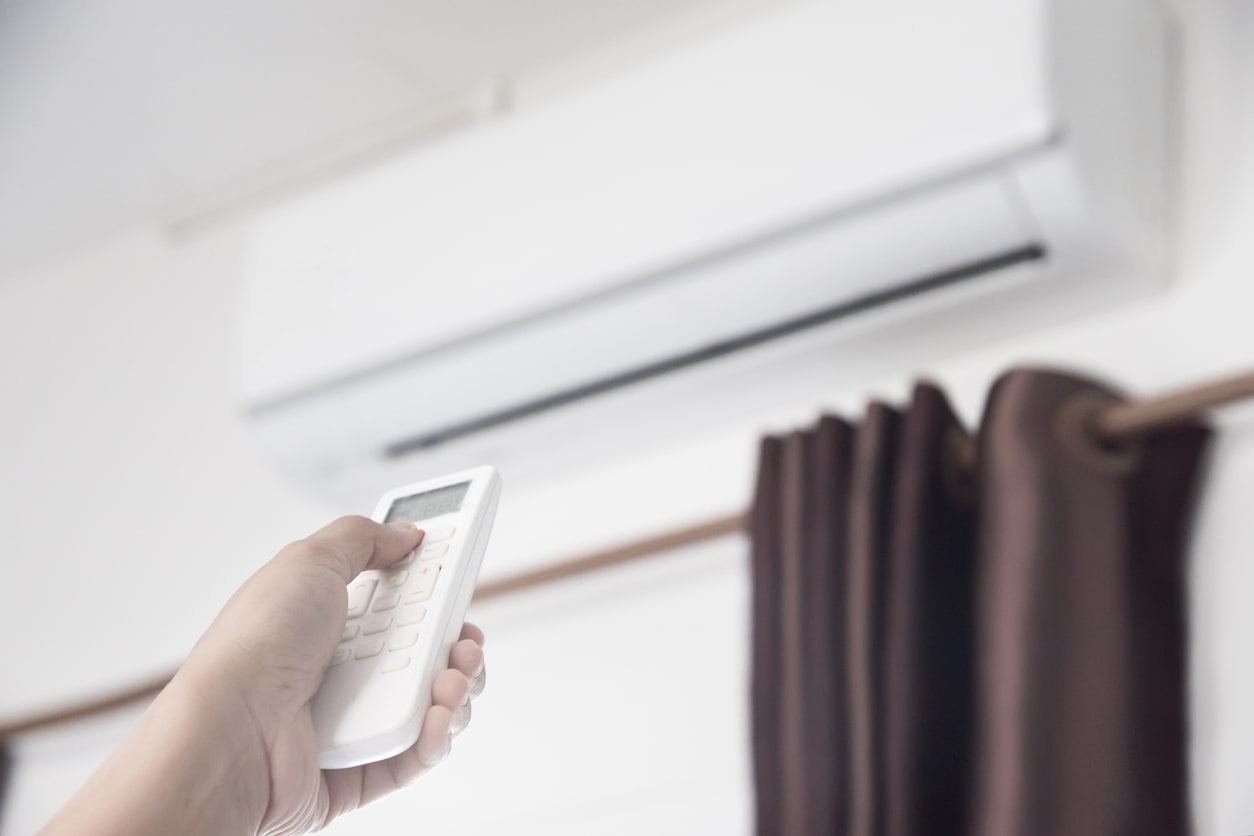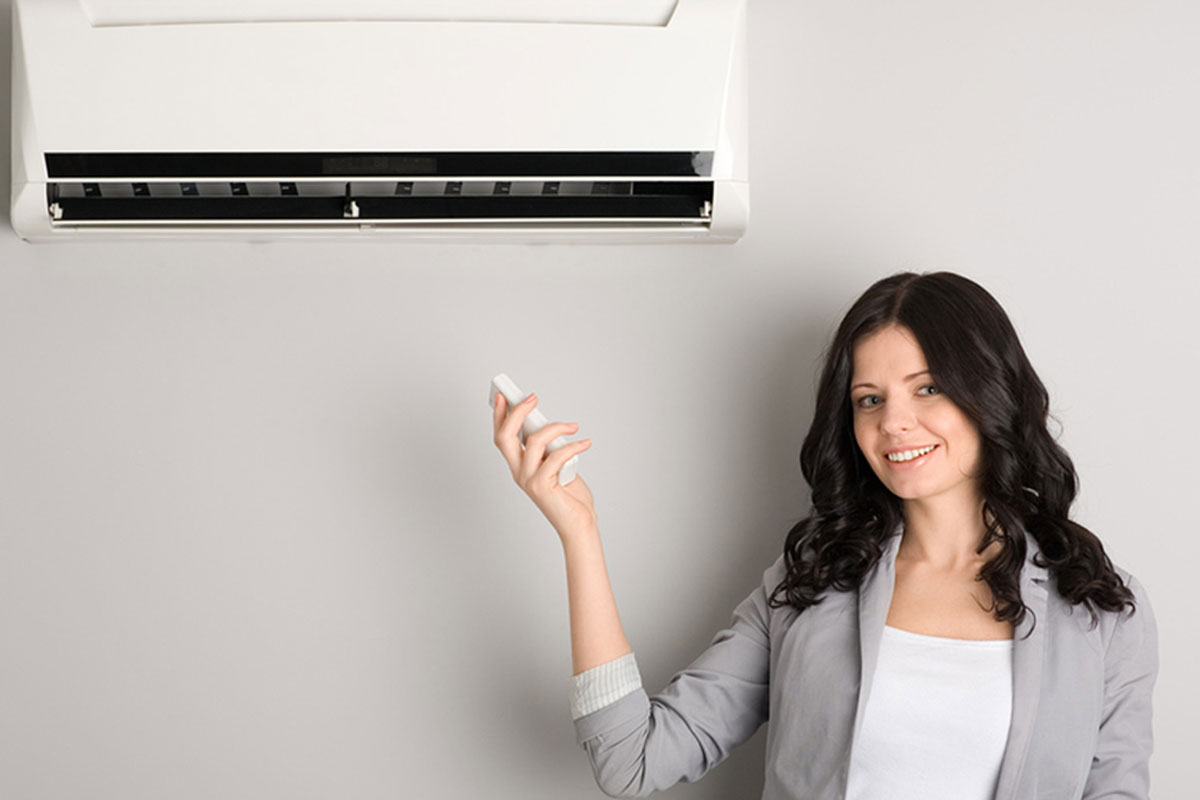Is It Expensive To Leave Ac On All Night

Summer nights can be sweltering, leaving many of us wrestling with a critical question: Is it more expensive to leave the AC on all night, or to turn it off and on again? The answer isn't always straightforward, as it depends on various factors including your home's insulation, the efficiency of your AC unit, and your personal temperature preferences. This comprehensive guide delves into the costs associated with different AC usage strategies, helping you make an informed decision that balances comfort and energy savings.
Understanding AC Efficiency: SEER, AFUE, and HSPF
Before diving into the costs, it's essential to understand the ratings that define an AC unit's efficiency. These ratings are crucial for comparing models and estimating energy consumption. The key metrics are SEER, AFUE, and HSPF.
- SEER (Seasonal Energy Efficiency Ratio): This rating measures the cooling efficiency of an air conditioner. A higher SEER rating indicates greater energy efficiency. Modern AC units typically range from 13 to 25 SEER. Units with higher SEER ratings, like those from Carrier and Trane, generally cost more upfront but can save you money in the long run.
- AFUE (Annual Fuel Utilization Efficiency): This rating applies to furnaces and measures how efficiently a furnace converts fuel (typically natural gas or propane) into heat. A higher AFUE rating signifies greater efficiency. Modern furnaces often have AFUE ratings between 80% and 98%.
- HSPF (Heating Seasonal Performance Factor): This rating is used for heat pumps and measures their heating efficiency. A higher HSPF rating indicates better heating performance. Current heat pumps can achieve HSPF ratings of 8 or higher. Brands like Mitsubishi Electric are known for their high HSPF heat pumps.
When comparing HVAC systems, pay close attention to these ratings. A higher rating translates to lower energy bills, but remember to factor in the initial cost of the unit and its potential lifespan.
The Argument for Leaving the AC On
The rationale behind leaving the AC on all night centers around the idea of maintaining a consistent temperature. Proponents argue that the energy required to cool a house down from a significantly higher temperature is greater than the energy needed to maintain a stable temperature. This is especially true for homes with poor insulation.
Pros:
- Consistent Comfort: Maintaining a steady temperature throughout the night ensures uninterrupted sleep and prevents temperature fluctuations that can be disruptive.
- Reduced Strain on the Unit: Some believe that constant starting and stopping of the compressor puts more wear and tear on the AC unit, potentially shortening its lifespan. However, this argument is less relevant with newer, more efficient models equipped with variable-speed compressors.
- Humidity Control: Air conditioners also dehumidify the air. Leaving the AC on can help maintain a comfortable humidity level, preventing mold growth and improving air quality.
Cons:
- Higher Energy Consumption: Even at a lower setting, running the AC continuously consumes energy, leading to a higher electricity bill.
- Potential for Overscooling: Setting the temperature too low can result in overcooling, wasting energy and making the room uncomfortably cold.
The Argument for Turning the AC Off or Up
The alternative approach is to turn off the AC or raise the thermostat setting while you sleep. This strategy aims to minimize energy consumption during periods when you're less sensitive to temperature changes.
Pros:
- Lower Energy Bills: Turning off the AC or raising the thermostat setting significantly reduces energy consumption, resulting in lower electricity bills.
- Reduced Environmental Impact: Lower energy consumption translates to a smaller carbon footprint, contributing to a more sustainable lifestyle.
Cons:
- Potential for Discomfort: The room temperature may rise significantly, leading to discomfort and interrupted sleep.
- Increased Strain on the Unit (Potentially): When the AC is turned back on, it needs to work harder to cool the house down, potentially consuming more energy initially. However, modern AC units are designed to handle these temperature fluctuations efficiently.
- Humidity Buildup: Turning off the AC can lead to a buildup of humidity, potentially creating a less comfortable environment and promoting mold growth.
Factors Influencing the Cost
The optimal strategy depends on several factors:
- Insulation: Well-insulated homes retain cool air more effectively, making it more cost-effective to turn off the AC or raise the thermostat. Poorly insulated homes lose cool air quickly, requiring the AC to work harder to maintain a comfortable temperature.
- AC Unit Efficiency (SEER Rating): High-efficiency AC units (higher SEER rating) consume less energy, making it more affordable to leave them on. Older, less efficient units consume significantly more energy, making it more cost-effective to turn them off or raise the thermostat. Lennox and Goodman offer a range of AC units with varying SEER ratings.
- Climate: In hot and humid climates, leaving the AC on may be necessary to maintain a comfortable humidity level. In drier climates, it may be more cost-effective to turn off the AC or raise the thermostat.
- Personal Preference: Some individuals are more sensitive to temperature changes than others. If you require a consistently cool environment for comfortable sleep, leaving the AC on may be the best option.
- Thermostat Type: Programmable or smart thermostats allow you to automate temperature adjustments, optimizing energy consumption based on your schedule and preferences. Models from Nest and Ecobee can learn your habits and adjust the temperature accordingly.
Smart Thermostats: A Game Changer
Smart thermostats offer a powerful tool for managing your AC usage and minimizing energy costs. These thermostats allow you to:
- Set Schedules: Program the thermostat to automatically adjust the temperature based on your schedule, such as raising the temperature while you're away at work and lowering it before you return home.
- Remote Control: Control the thermostat from your smartphone or tablet, allowing you to adjust the temperature even when you're not at home.
- Learning Capabilities: Some smart thermostats learn your habits and automatically adjust the temperature based on your preferences, optimizing energy consumption without requiring manual programming.
- Energy Usage Reports: Track your energy consumption and identify areas where you can save money.
Investing in a smart thermostat can significantly reduce your energy bills and provide greater control over your home's temperature.
Maintenance and Warranties
Proper maintenance is crucial for ensuring the efficient operation and longevity of your AC unit. Regular maintenance tasks include:
- Changing Air Filters: Replace air filters every 1-3 months to maintain proper airflow and prevent dust and debris from accumulating in the unit.
- Cleaning Coils: Clean the evaporator and condenser coils annually to remove dirt and debris that can reduce efficiency.
- Checking Refrigerant Levels: Ensure that the refrigerant levels are within the optimal range. Low refrigerant levels can reduce cooling efficiency and damage the compressor.
- Professional Inspections: Schedule annual professional inspections to identify and address potential problems before they become major issues.
Most AC units come with a warranty that covers parts and labor for a specific period. Carefully review the warranty terms and conditions to understand the coverage and any limitations. Brands like Rheem and Amana typically offer comprehensive warranties. Additionally, proper maintenance helps maintain the validity of your warranty.
Comparing Popular HVAC Brands and Models
Choosing the right HVAC system involves researching different brands and models. Here's a brief comparison of some popular options:
- Carrier: Known for its high-efficiency and innovative technology. Offers a wide range of AC units and furnaces with varying SEER and AFUE ratings.
- Trane: Renowned for its durability and reliability. Provides a comprehensive selection of HVAC systems with competitive efficiency ratings.
- Lennox: Offers premium HVAC systems with advanced features and energy-saving technologies. Its products often come with higher price tags but boast exceptional performance.
- Goodman: A budget-friendly brand that offers reliable performance at a more affordable price point.
- Rheem: Provides a variety of HVAC systems with a focus on energy efficiency and ease of installation.
- Amana: Offers durable and reliable HVAC systems with a strong warranty.
- Mitsubishi Electric: Specializes in ductless mini-split systems, known for their energy efficiency and zoning capabilities.
When selecting a model, consider the size of your home, your budget, and your desired level of efficiency. Consult with an HVAC professional to determine the best system for your specific needs.
Conclusion: Finding the Right Balance
Ultimately, the decision of whether to leave the AC on all night depends on your individual circumstances and preferences. Consider your home's insulation, the efficiency of your AC unit, your climate, and your personal comfort needs. Experiment with different settings and usage patterns to find the optimal balance between comfort and energy savings. Utilizing a smart thermostat and performing regular maintenance can further optimize your energy consumption and extend the lifespan of your HVAC system. By carefully evaluating these factors, you can make an informed decision that keeps you comfortable while minimizing your energy costs.
